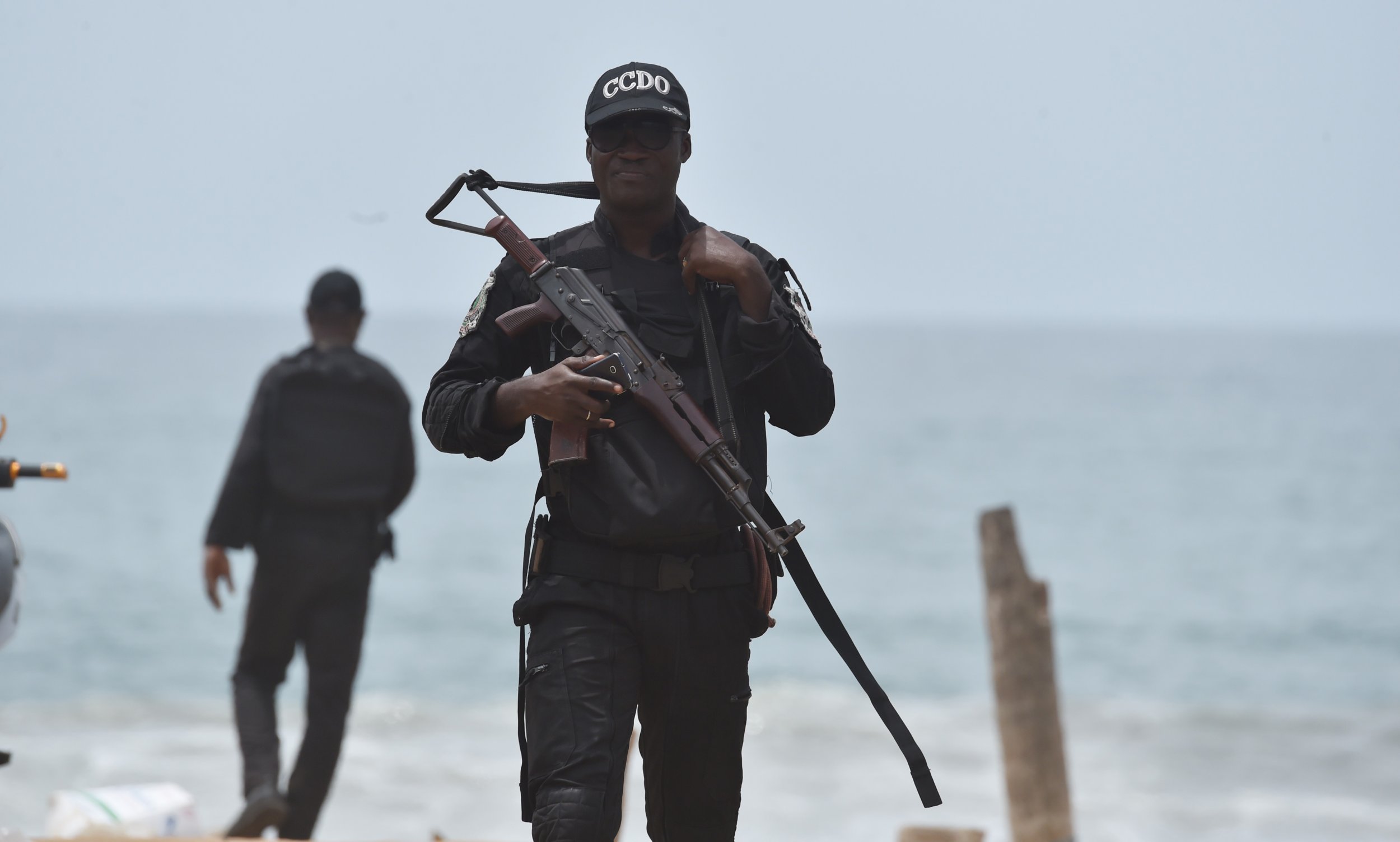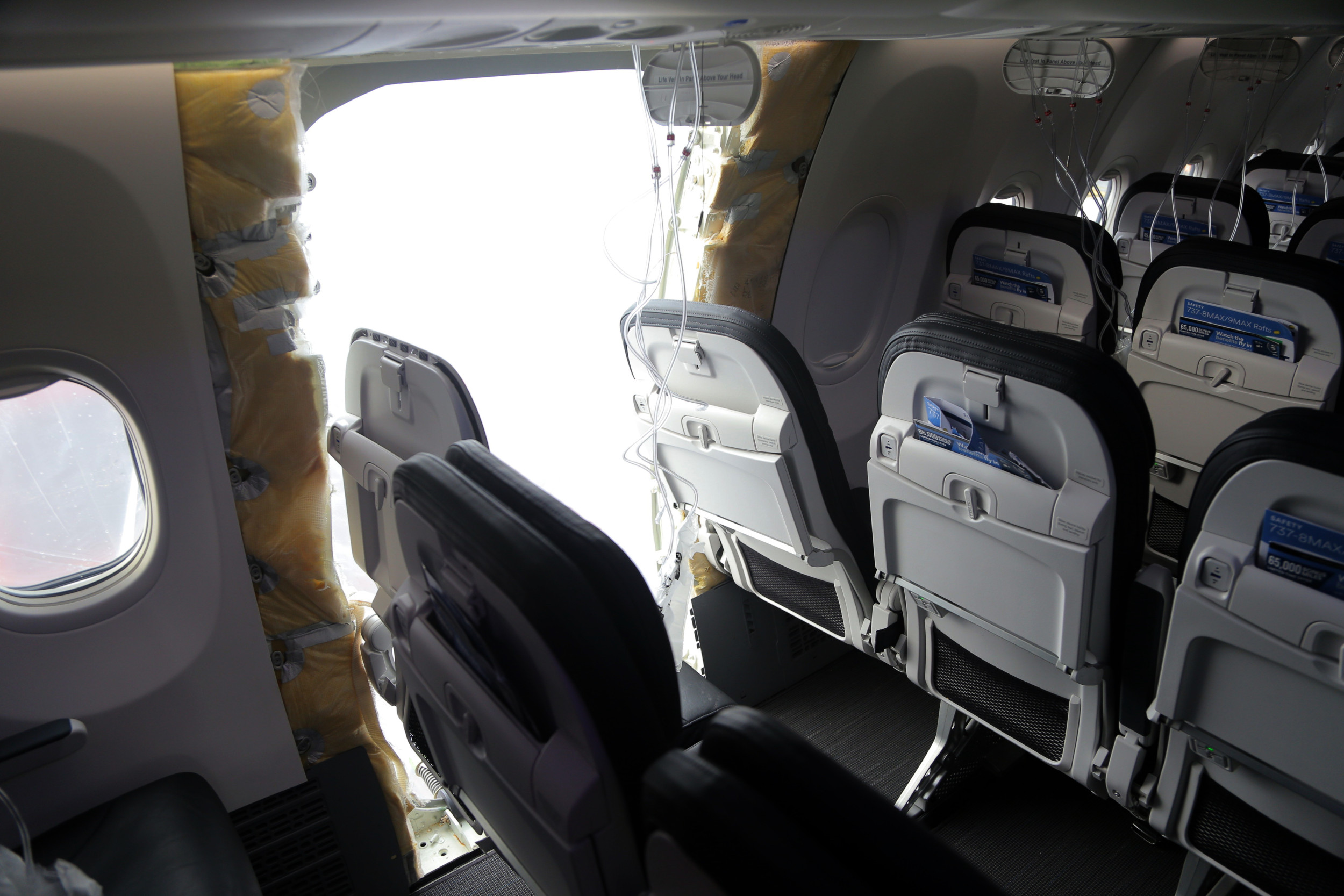
This article was originally published by the Council on Foreign Relations.
Al-Qaeda in the Islamic Maghreb (AQIM) and its affiliates launched an attack in Mali in November 2015, one in Burkina Faso in January, and now in Ivory Coast earlier in March. On March 16, Boko Haram attacked a mosque in Maiduguri, Nigeria, killing at least twenty-two people. The CFR's Nigeria Security Tracker shows that Boko Haram has been associated with more than 150 deaths since January 1 but before the March 16 mosque attack. Even in Senegal, a genuine democracy where the opposition comes to power through elections, there is concern about signs of radical activity.
There is no evidence of AQIM and Boko Haram tactical or strategic coordination; indeed, at least in rhetoric, they are mortal enemies, despite their common rhetoric. AQIM, like the broader al-Qaeda of which it is a part, is international in scope and violently hostile to the West. Its leadership appears to be Algerian. Boko Haram is focused on the destruction of the Nigerian state rather than war against the West. It appears to be centered in the Kanuri ethnic group, and while its rhetoric is hostile to the West, it has yet to attack Western facilities or installations.
Yet there do seem to be commonalities in the current wave of terrorism across West Africa. Burkina Faso, Mali, and Ivory Coast are post-civil war or post-coup states where France has played an important role in ending the most recent round of crises. All three states are internally divided with weak governance and marginalized population groups, despite successful elections (Mali, Ivory Coast) or coup failure (Burkina Faso). Nigeria faces an incipient insurrection in its oil patch, and Boko Haram has been seeking to destroy the secular government for almost seven years. Leadership certainly matters. Ivory Coast's Allasane Ouattara, Nigeria's Muhammadu Buhari, and Senegal's Macky Sall have vision and are seeking to meet national challenges. But that takes time and resources, and the burden of recent history is heavy. Terrorism drives tourism and government revenue down in Mali, Ivory Coast, likely soon in Senegal. Nigerian government revenue has fallen with the decline in oil prices. Governments have less to work with than in the past, with the exception of Ivory Coast.
AQIM and possibly the self-proclaimed Islamic State militant group (ISIS) seem to be pushing into sub-Saharan Africa from North Africa. Both are under pressure in their North African areas of operation. Algeria, despite its present leadership issues, has a stronger military and better security services than those in West Africa and they have had some success against AQIM. In Libya, the international effort appears to be bringing pressure on ISIS. The response of both movements appears to be to push south, and possibly, to resolve some of their internal differences.
Finally, recent terrorist attacks in Burkina Faso, Mali, Ivory Coast and Nigeria are all against soft targets. Beach resorts, hotels, and places of worship are easier to attack than police stations or army barracks, generate extensive carnage, and net international publicity. In those terms, the recent round has been remarkably successful.
John Campbell is the Ralph Bunche Senior Fellow for Africa Policy Studies at the Council on Foreign Relations in New York.
Uncommon Knowledge
Newsweek is committed to challenging conventional wisdom and finding connections in the search for common ground.
Newsweek is committed to challenging conventional wisdom and finding connections in the search for common ground.
About the writer
To read how Newsweek uses AI as a newsroom tool, Click here.








